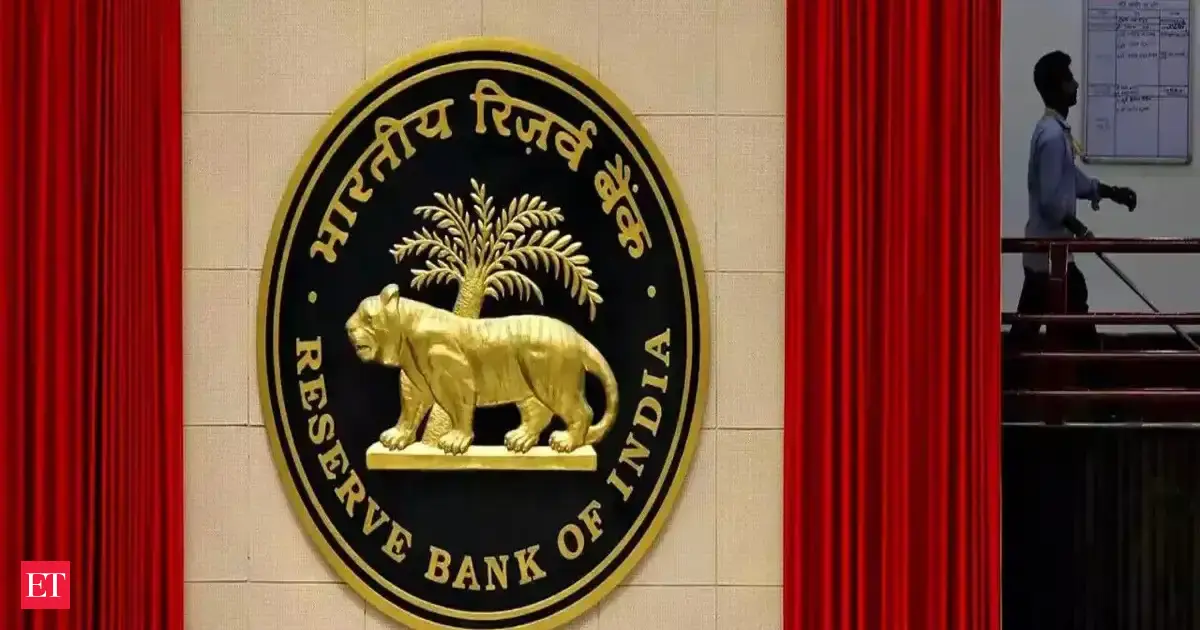By John Eger
Copyright timesofsandiego

The Federal Communications Commission, once a neutral referee, is being recast as an arbiter of free speech in its warning to ABC. In doing so, it has threatened one of the most basic pillars of American democracy: the right to free expression.
FCC Chair Brendan Carr’s threat over comments on “Jimmy Kimmel Live!” is not merely regulatory overreach. It is a direct assault on the First Amendment. If government officials can dictate what broadcasters must say — or worse, what they cannot say — then the very notion of a free press collapses.
Confession up front: I am a lawyer. More precisely, I was once an FCC lawyer — legal assistant to former FCC Chair Dean Burch, a Republican and former campaign manager for Sen. Barry Goldwater. Later, I served as attorney-adviser to Dick Wiley, another Republican who first served as FCC general counsel and then as FCC chair.
For much of its history, the FCC was careful to draw boundaries around its power. Yes, there were debates — sometimes fierce — over the meaning of “the public interest, convenience and necessity,” the legal standard embedded in the Communications Act of 1934.
The agency’s mandate was technical and structural — preventing interference among competing radio and television services, licensing spectrum fairly, and ensuring that the public benefited from orderly communications. Beyond that, the FCC was to stay out of the content business. It was never the government’s role to decide what the public should or should not hear.
In the mid-20th century, the Fairness Doctrine required broadcasters to cover issues of public importance and to present contrasting viewpoints. That policy was upheld by the Supreme Court in Red Lion Broadcasting v. FCC (1969), which reasoned that because spectrum was scarce, government oversight was necessary to ensure a diversity of voices.
But the doctrine was always controversial. Critics argued that it placed government bureaucrats in the position of policing ideas. And in 1987, under President Ronald Reagan, the FCC itself repealed the Fairness Doctrine, concluding that the rule was both unnecessary and a threat to free speech. From that moment on, there was bipartisan agreement that while broadcasters carried obligations to serve the public interest, the government had no business dictating content.
That restraint held for decades. Even as cable television, the internet, and streaming services reshaped the media landscape, the principle endured: Government could regulate the structure of communications, but not the substance of speech.
The FCC was never meant to be a Ministry of Truth. It was meant to be a guardian of the airwaves — ensuring fair access, technical integrity, and competition. That mission has now been undermined. Disney’s decision to end talk-show host Jimmy Kimmel’s suspension and return him to his ABC broadcast slot on Tuesday night was welcome, but it does not offer any reassurance about what the Trump administration might do next.
There is no reason to think that the FCC will now remember the lesson that guided it for decades: The government should manage frequencies, not ideas.
And today, with that principle under threat, the question before us is stark and urgent: Will we defend free speech, or will we stand by while the very institution designed to protect communications becomes the instrument that censors them?
John Eger is a professor emeritus in the School of Journalism and Media Studies at San Diego State University. Previously, he was a legal assistant to FCC Chairman Dean Burch, telecommunications adviser to President Gerald R. Ford, and senior vice president of CBS. He lives in La Jolla.



